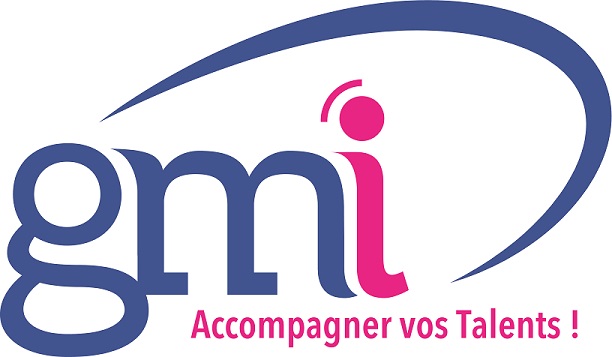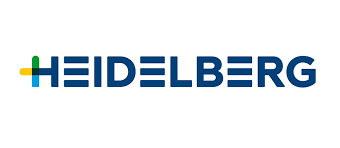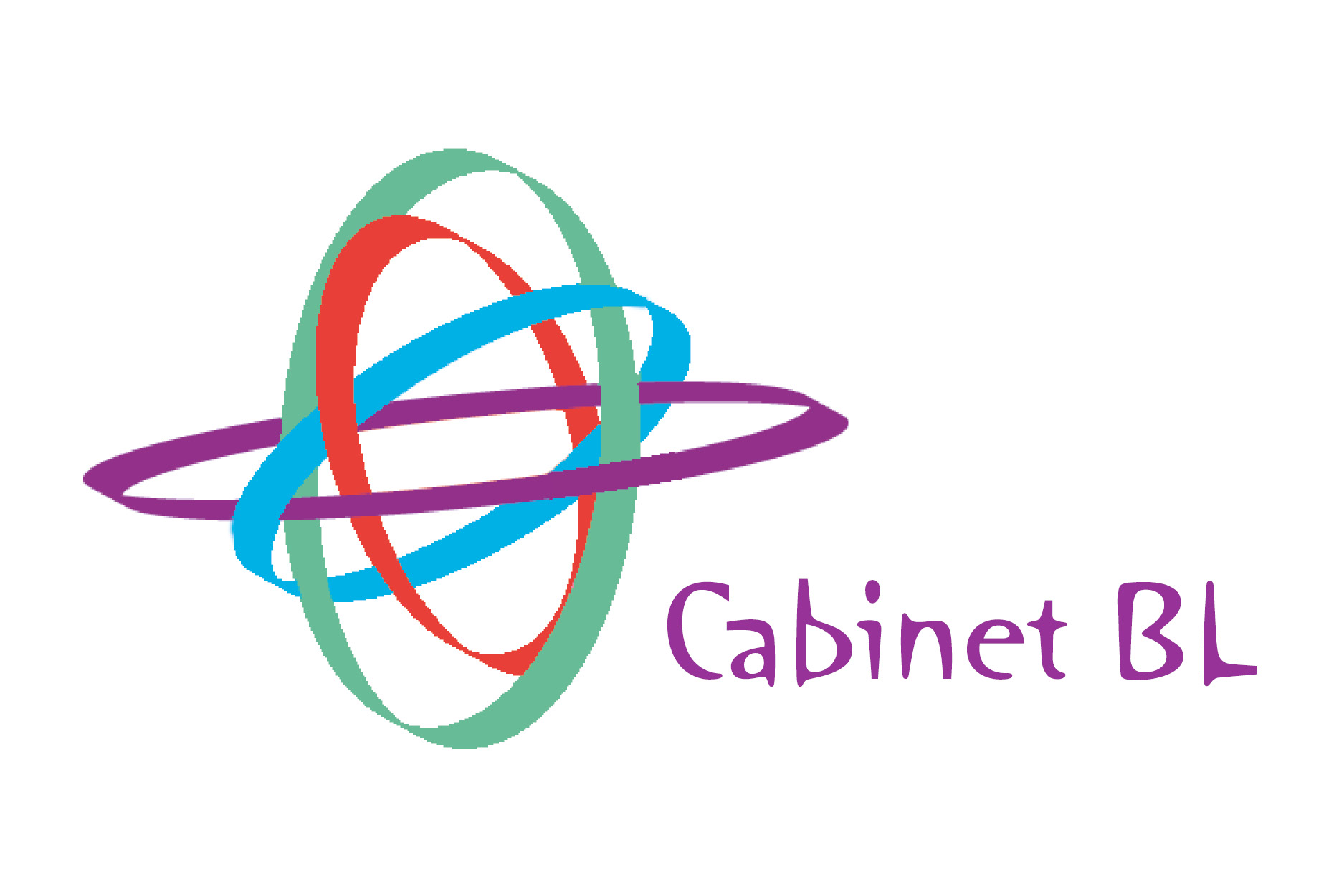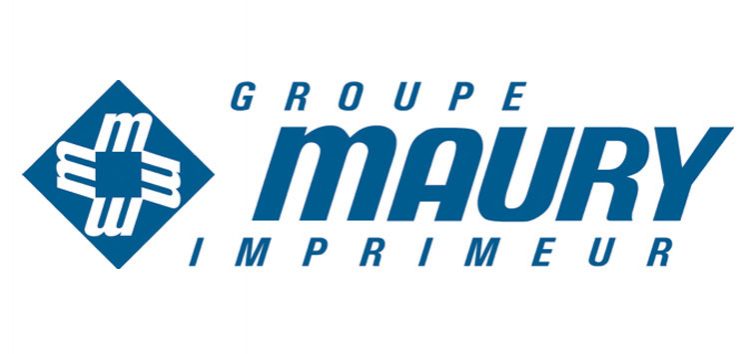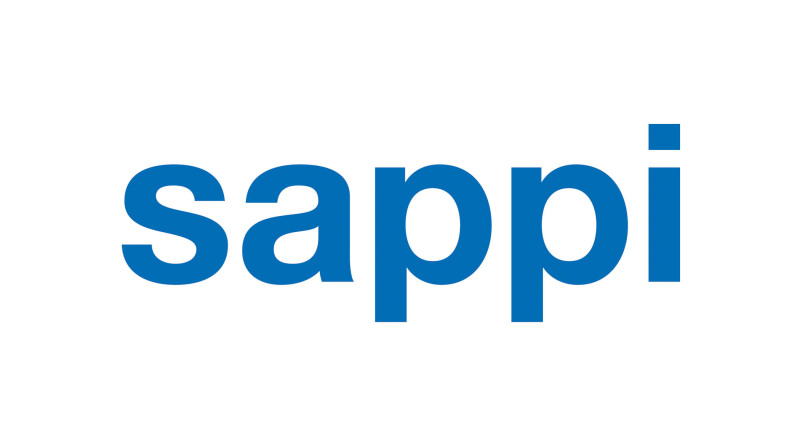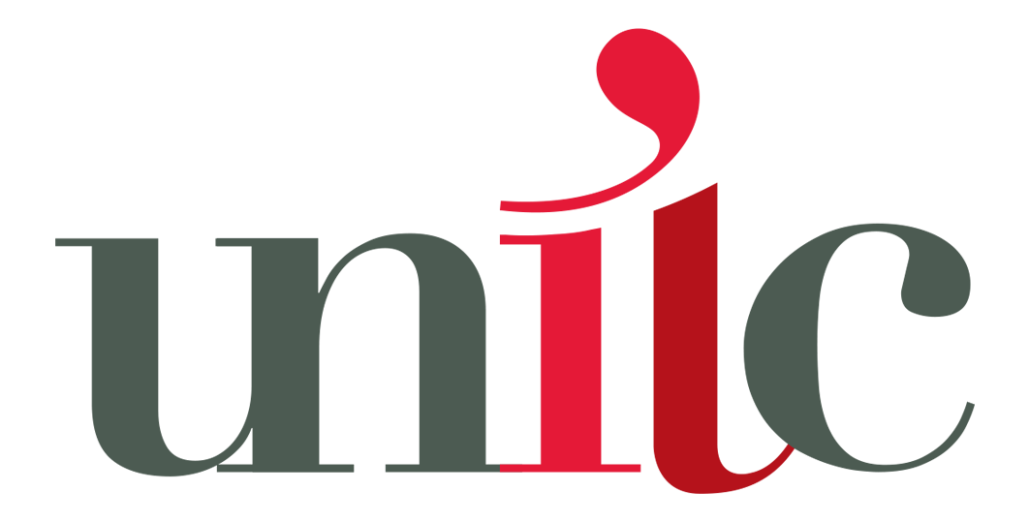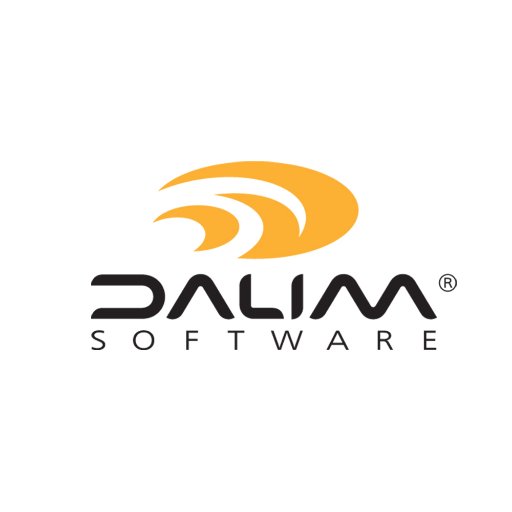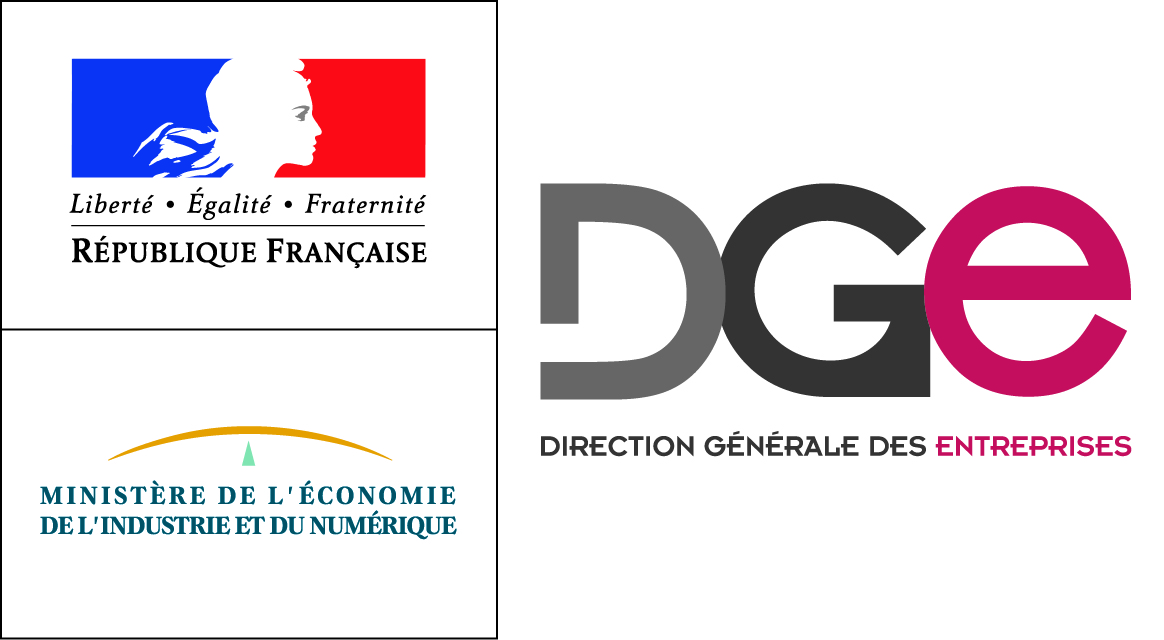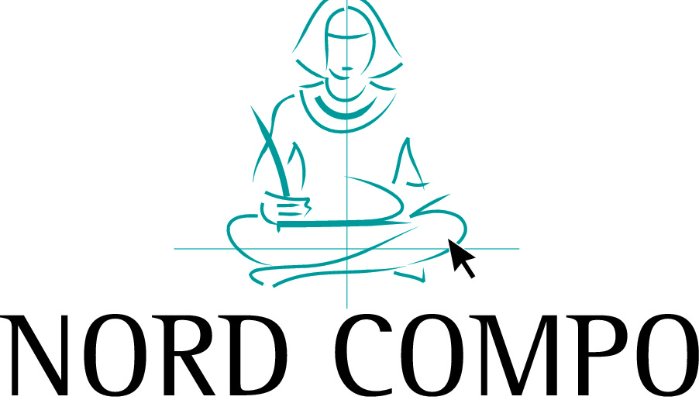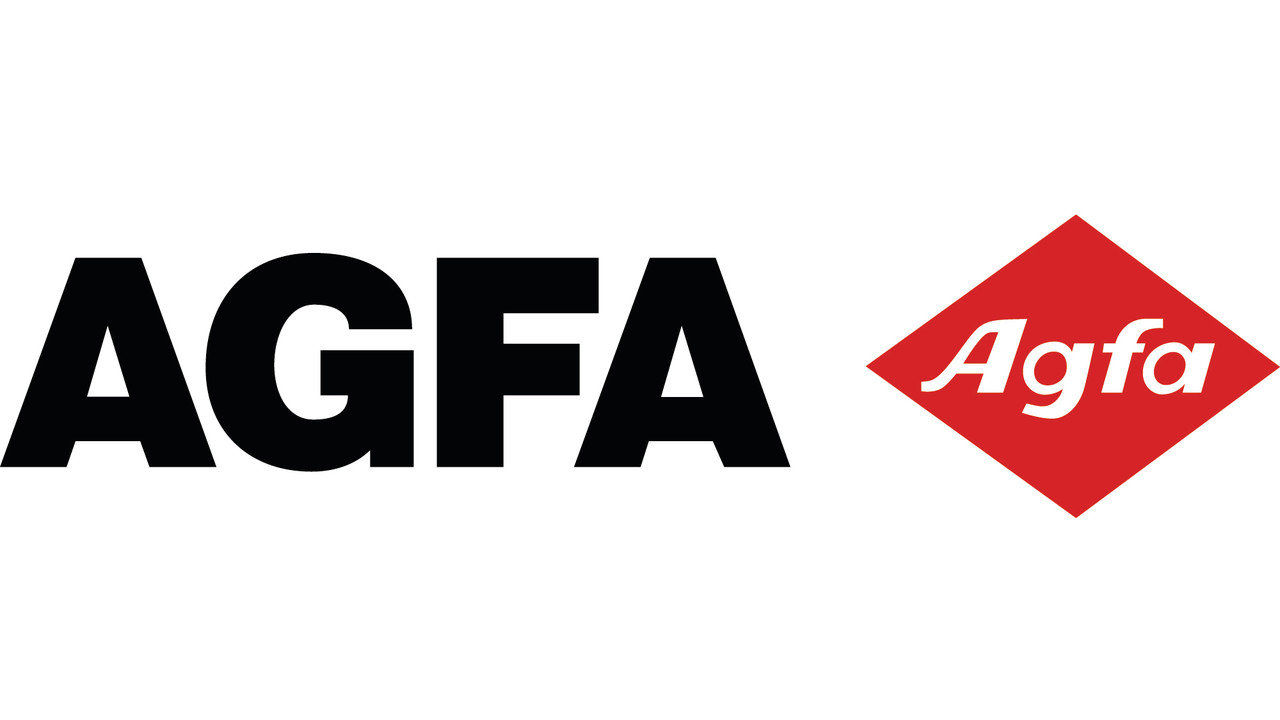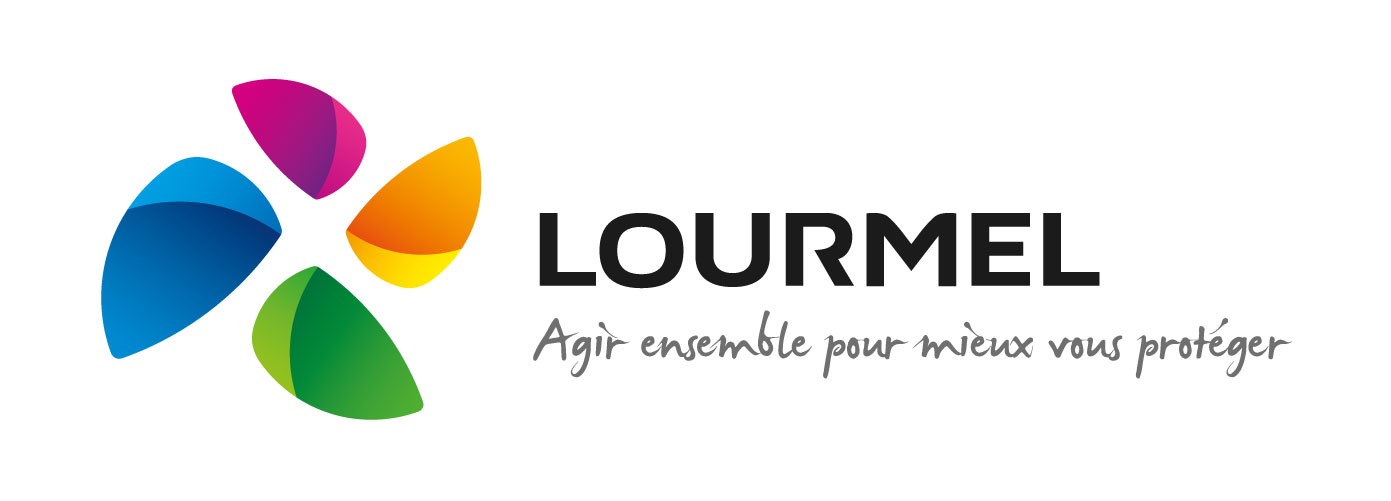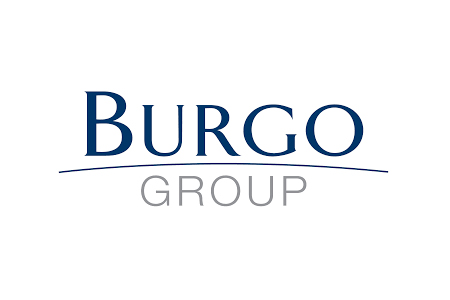The podcast business is booming, but few are making money
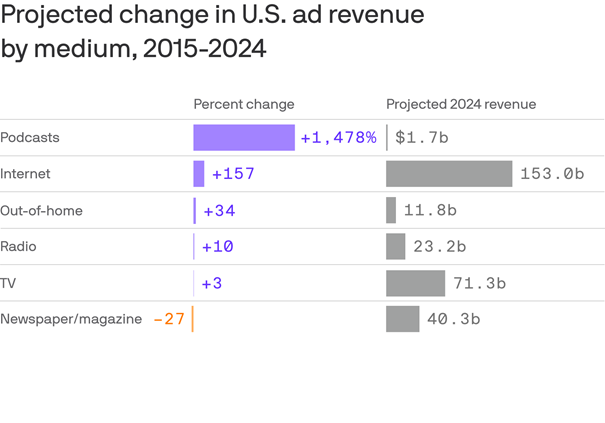
Nearly every major media and entertainment company is pouring lots of cash into launching new podcasts. But many of them aren’t making big money — at least not yet.
Why it matters: As is the case with most new technologies, when it comes to podcasts, consumer adoption has outpaced monetization.
- Only a few big players make meaningful revenue from podcasts today, but that’s expected to change as the industry matures.
Details: While many big companies and independent creators are trying to get in on the podcast action, most aren’t seeing much traction. The top 1% of podcasts receive 99% of downloads.
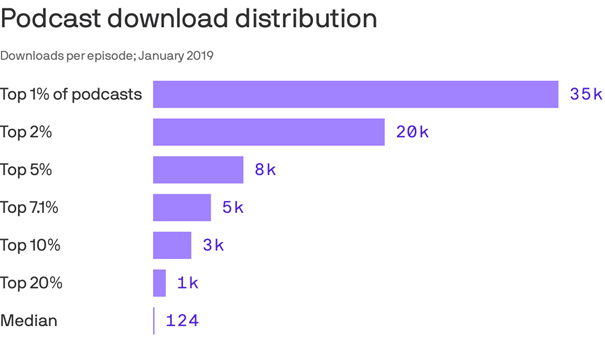
Reproduced from Libsyn; Chart: Axios Visuals
- « By default, it is more difficult for podcasters to break out and go viral because the podcast ecosystem doesn’t have a platform with characteristics of a community like YouTube, Instagram or TikTok, » says Agnes Kozera, co-founder of Podcorn, a podcast sponsorships marketplace.
- « It’s very rare that someone hits the lottery and hits top 1% status, » says Marshall Brown, co-founder of Buzzsprout, one of the largest podcast hosting companies for amateur podcasters. « For most podcasters, it’s a lot more about slow gradual growth. »
How it works: The podcast ecosystem was built in a decentralized manner via RSS feeds. As more big companies invest in building their own podcast empires, the question of how to build an advertising market that works ubiquitously across lots of different platforms has yet to be answered.
- Spotify, for example, uses « streaming ad insertion, » to place host and voice talent-read ads within different podcasts. Other companies take a more traditional approach by trying to insert radio-like audio ads within podcasts in an automated fashion.
- « I think the space is starting to bifurcate between our approach with streaming ad insertion versus what I see in rest of industry doing, which is flooding podcasts with radio style and programmatic style ads, » Spotify’s Jay Richman told Axios last month.
The big picture: While podcasting is the fastest-growing advertising medium, it’s still tiny. The industry as a whole still only brings in less than $1 billion in ad revenue, even though more than 90 million people listen to podcasts monthly, per Edison Research.
- For most podcasters, including big media and entertainment giants, podcasts offer an incredible opportunity to expand their audiences or find new, niche ones. The financial return on investment in podcasts remains to be fully realized for most.
Yes, but: For the small number of people ad companies that are successful, podcasts can be lucrative.
- The New York Times podcast division reportedly brought in nearly $30 million in revenue in 2019. Vox Media’s podcasting business is in the eight figures. Spotify reportedly paid Joe Rogan more than $100 million to sign an exclusive deal.
- « We’re seeing big podcasts make money because podcast advertising has taken a more traditional ad impression-based approach to advertising, » says Kozera.
- That approach « tends to reward podcasters that get the most impressions but not always the ones who are the right fit for the brand and have the potential to drive conversions through great content. »
- As for what makes a podcast « big, » the quality of content and ability to spend big on marketing has a lot to do with it, says Kevin Finn, another co-founder of Buzzsprout.
What’s next: Just as Google and Facebook bolstered the digital ad market by aggregating lots of digital tech companies together and creating an end-to-end supply chain, the same thing is beginning to happen in audio.
- Companies like Spotify, SiriusXM, iHeartMedia, Amazon, and others aim to grow the podcast advertising market by aggregating podcast services together, like advertising, distribution and hosting.
- Spotify has most notably invested hundreds of millions in buying up lots of smaller podcast companies to help create an end-to-end podcast ecosystem.






